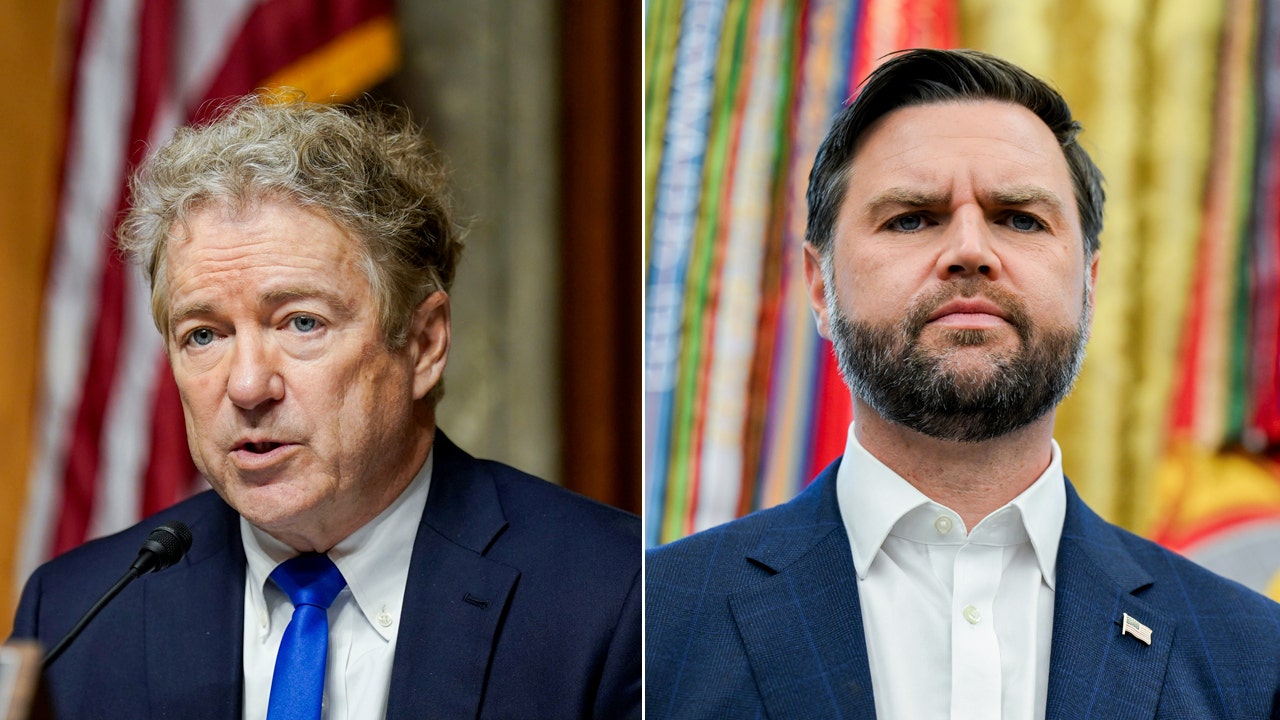Rand Paul Slams JD Vance’s ‘Despicable’ Comments on Military Strike Against Venezuelan Drug Boat
Washington, D.C. – September 8, 2025 – In a fresh intra-party clash highlighting divisions within the Republican ranks on foreign policy, Sen. Rand Paul (R-Ky.) sharply criticized Vice President JD Vance for endorsing a deadly U.S. military strike on an alleged drug vessel leaving Venezuela, calling Vance’s remarks “despicable.” The exchange, unfolding over social media and interviews, centers on Vance’s assertion that “killing cartel members who poison our fellow citizens is the highest and best use of our military,” a statement Paul decried as reckless and contrary to constitutional principles. This public spat underscores ongoing tensions between libertarian-leaning Republicans like Paul, who advocate for restraint in military actions, and more interventionist figures like Vance, amid broader debates on drug enforcement and U.S. involvement abroad.
The Incident and Vance’s Controversial Statement
The controversy stems from a U.S. military operation on September 4, 2025, where forces struck a boat departing Venezuela, suspected of carrying drugs. The strike resulted in the deaths of two Venezuelan nationals, whom Vance described as cartel members in a Saturday morning post on X (formerly Twitter). Vance defended the action, stating, “Killing cartel members who poison our fellow citizens is the highest and best use of our military.” The vice president’s comments came amid heightened U.S. efforts to combat fentanyl trafficking, which has been linked to Venezuelan routes, though details on the boat’s cargo remain unconfirmed by the Pentagon.
Paul, a longtime advocate for non-interventionism, fired back in a weekend interview, labeling Vance’s praise for the strike as “despicable” and questioning the legality of executing suspected criminals without due process. “Did he ever read To Kill a Mockingbird?” Paul quipped, referencing the classic novel’s themes of justice and presumption of innocence. He further argued that such actions bypass constitutional safeguards, stating, “We don’t just bomb boats because we think they’re carrying drugs.” Paul’s criticism extended to Sen. Marco Rubio (R-Fla.), who indicated the military would continue bombing suspected drug vessels, warning that this approach risks escalating international conflicts without clear authorization.
Background: Intra-GOP Tensions on Foreign Policy
The disagreement reflects deeper ideological rifts within the Republican Party. Vance, Trump’s running mate in the 2024 election and now vice president, has positioned himself as a hawk on issues like drug cartels, advocating for aggressive U.S. actions to stem the flow of fentanyl, which claimed over 100,000 American lives in 2024. His stance aligns with Trump’s “America First” policies, which prioritize domestic security through military means when necessary.
Paul, conversely, has long championed libertarian principles, opposing unauthorized military interventions and emphasizing fiscal conservatism. As a senator, he has blocked foreign aid packages and criticized U.S. involvement in overseas conflicts, arguing they drain resources without clear benefits. This isn’t the first clash; Paul previously sparred with Vance over Ukraine aid, calling for restraint in U.S. commitments abroad.
The Venezuelan boat strike itself occurred under the auspices of U.S. Southern Command’s counternarcotics operations, which have intensified under the Trump administration. While the Pentagon described it as a “precision strike” based on intelligence, human rights groups have raised concerns about due process and potential civilian casualties.
Potential Implications for the GOP and Policy
This public feud could exacerbate divisions within the Republican Party at a time when unity is crucial for advancing Trump’s domestic agenda, including tax cuts and border security. With midterm elections looming in 2026, such internal conflicts might alienate libertarian-leaning voters who form a key segment of the GOP base. Analysts suggest Paul’s comments may resonate with isolationist factions, while Vance’s hardline stance appeals to those prioritizing drug enforcement amid the ongoing fentanyl crisis.
On the policy front, the exchange could influence debates on military authorization bills in Congress. Paul has indicated he may push for stricter oversight of counternarcotics operations, potentially introducing amendments to require congressional approval for such strikes. Meanwhile, the administration defends the actions as necessary to protect American lives, with Vance’s office reiterating that “cartels are poisoning our communities, and we must respond decisively.”
A Broader Debate on Military Role
As the dust settles, this spat between two prominent Republicans spotlights ongoing questions about the U.S. military’s role in domestic issues like drug interdiction. With Venezuela’s political instability and U.S. sanctions complicating matters, the incident may prompt bipartisan scrutiny in upcoming Senate hearings. For now, Paul’s objection to Vance’s assertion serves as a reminder of the GOP’s internal ideological battles, even as the party holds power in Washington.
